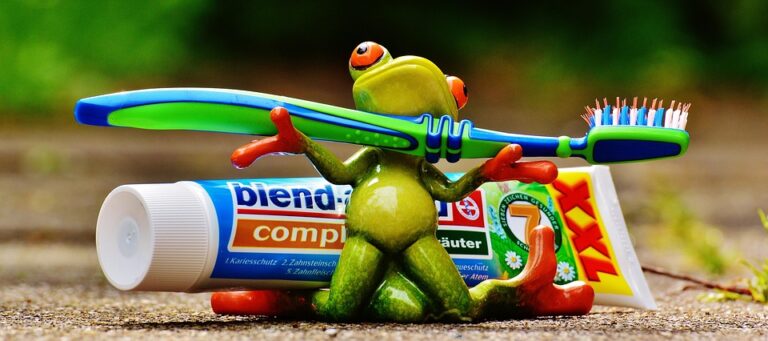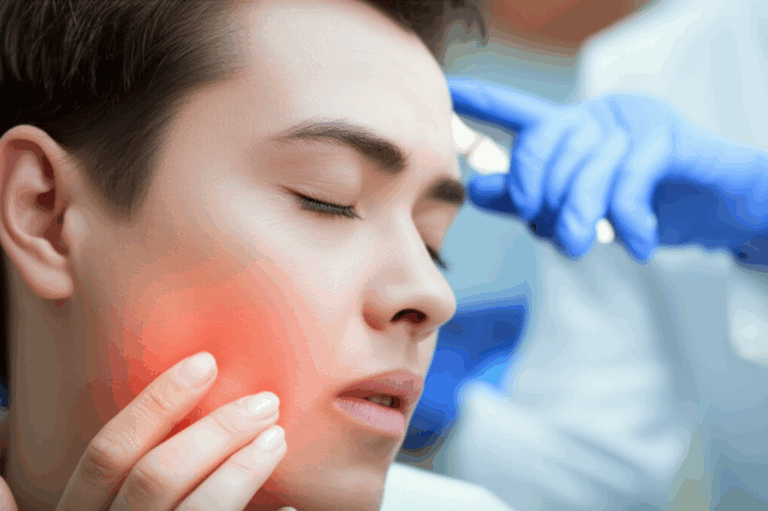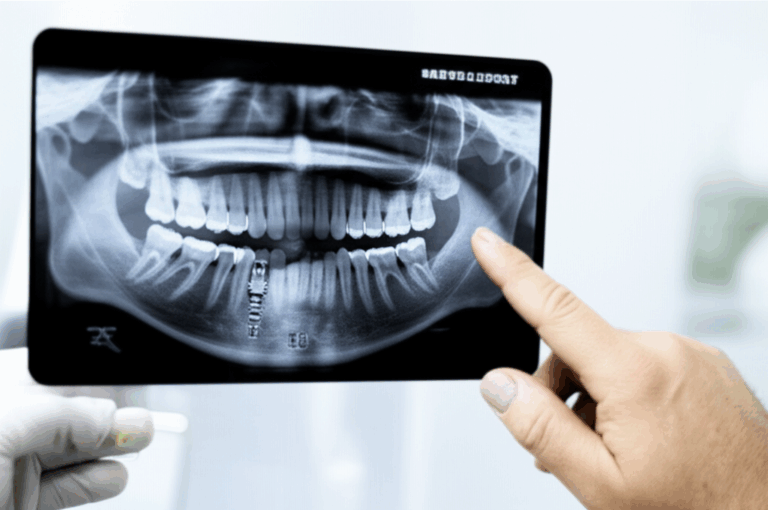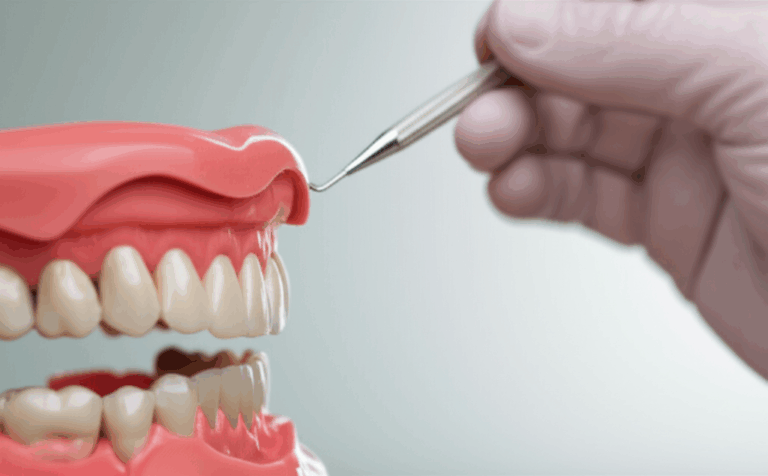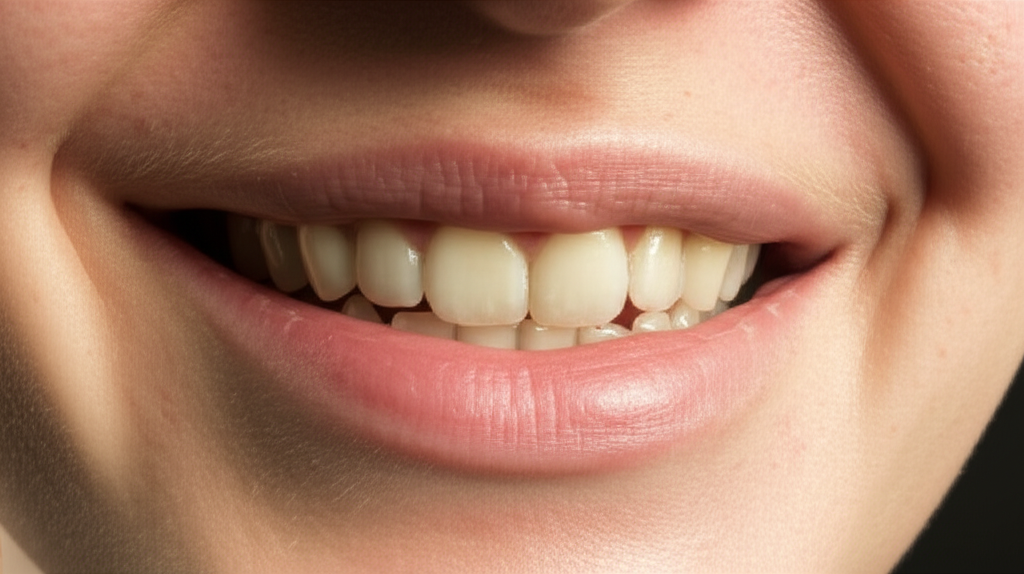
Wellbutrin and Your Teeth: Understanding the Link to Dental Problems & How to Protect Your Oral Health
Are you worried about your teeth since starting Wellbutrin? You’re not alone! A lot of people wonder if this medicine for depression, anxiety, or help with quitting smoking can mess up their teeth or mouth. I’ve been through my own health journey and learned some tips—and some things that shocked me—along the way. This guide explains how Wellbutrin and your mouth are connected, and why there’s no need to freak out. If you want to keep your smile healthy and looking good, this article’s got you covered.
Table of Contents
- What is Wellbutrin, and Why Do People Take It?
- Can Wellbutrin Really Cause Dental Problems?
- Why Does Dry Mouth Matter So Much?
- How Does Dry Mouth Lead to Cavities and Gum Disease?
- What Other Mouth and Tooth Problems Can Happen with Wellbutrin?
- What Does Real Data Say About Wellbutrin and Oral Health?
- What Are the Signs You Should Watch For?
- How Can You Protect Your Teeth on Wellbutrin?
- Should You Tell Your Dentist You’re Taking Wellbutrin?
- When Should You See Your Dentist or Doctor?
- Frequently Asked Questions (FAQ) About Wellbutrin and Teeth
- Key Takeaways: Your Healthy Smile Plan
What is Wellbutrin, and Why Do People Take It?
Let’s start at the top. Wellbutrin (also called Bupropion) is a medicine that doctors use to help people with depression, anxiety, and even those wanting to stop smoking. It works in your brain, but like a lot of drugs, it can have some side effects. Wellbutrin isn’t like most other antidepressants—it acts on different parts of your brain and is less likely to make you sleepy or put on weight. A lot of people say it helps them feel better and pay attention more.
But just like with any medicine, you might notice some stuff happening in your body you didn’t expect. One of the most common? Your mouth feels dry. It may not seem like much, but it can mean a lot, especially for your teeth and gums.
Can Wellbutrin Really Cause Dental Problems?
You might be looking up, “Does Wellbutrin hurt your teeth?” The short answer? Wellbutrin doesn’t go after your teeth or gums directly. It’s not like stuffing your mouth with candy all day! But, Wellbutrin often makes your mouth dry (called dry mouth or xerostomia), and that can start trouble for your teeth.
Why does this count? Your mouth needs spit to stay clean. Take away the spit, and your teeth lose a top helper. Let’s jump into why dry mouth can turn into a big deal for your health.
Why Does Dry Mouth Matter So Much?
Spit (saliva) isn’t just for making food easier to chew or swallow. It’s your mouth’s secret superhero! Here’s what saliva does:
- Washes away bits of food and the germs that cause cavities.
- Fights off acids that can break down your teeth’s outside layer (enamel).
- Fixes enamel by bringing in good stuff and stopping small holes from growing.
- Keeps germs down so you don’t get bad breath or infections.
- Makes talking and eating easy—so you don’t have a sticky tongue!
But when Wellbutrin slows down your spit-making, that wetness dries up. If you don’t do anything about it, your mouth is left open for cavity germs, gum problems, and even mouth infections like thrush. All of a sudden, what looked like a small side effect isn’t so small.
How Does Dry Mouth Lead to Cavities and Gum Disease?
Here’s how it goes: After you start Wellbutrin, your mouth feels dry like a desert. No more spit means no more “clean-up crew.” Food gets stuck on your teeth. Germs munch on those leftovers and make acids that break down your teeth. Next thing you know, your dentist is talking about cavities—even if you always brushed before Wellbutrin!
It’s not just about cavities. Problems like sore gums and even worse gum illness (gum disease) can show up too. Without spit to battle germs and look after gums, those bad germs can grow fast. Gums might swell, bleed, or even start peeling away from your teeth, and that can cause bone loss with time.
Here’s a simple table:
| What Saliva Does | Why You Need It | No Saliva (Dry Mouth) |
|---|---|---|
| Stops acids | Saves enamel from breaking down | Sensitive teeth, cavities |
| Cleans food & germs | Blocks plaque & tartar buildup | More junk, more cavities |
| Fights germs | Fewer infections, better breath | Bad breath, mouth infections |
| Lubricates mouth | Easy talking, easy eating | Sore mouth, hard to swallow |
So, while Wellbutrin isn’t loaded with sugar, it takes away your best way to stop tooth trouble.
What Other Mouth and Tooth Problems Can Happen with Wellbutrin?
Dry mouth is the main problem, but there are a few others to watch for:
- Grinding Teeth (Bruxism): Wellbutrin can sometimes make folks grind or clench their teeth, even without knowing. This can chip teeth and hurt your jaw (like TMJ hurt).
- Weird Taste or Metallic Mouth: Things might taste different, or you get a weird, bitter, or metal taste. Sometimes, that makes you want more sweet drinks, which can chip away at your teeth.
- Mouth Sores and Sore Spots: You might feel burning, your lips might crack, or you get sore spots in your mouth.
- Mouth Infections: If your mouth is dry, you’re more likely to get white spots from a yeast infection called thrush.
If you’ve ever woken up with a sore jaw or a mouth sore, you know how annoying it can be. Anyone with dentures will know dry mouth just makes things harder, since there’s not enough spit to help them stay put.
What Does Real Data Say About Wellbutrin and Oral Health?
I like to look at hard facts, not just stories. From studies and reports, about 10–25% of folks on Wellbutrin get dry mouth. That’s up to one in four people! These folks are 2–3 times more likely to get new cavities if the dry mouth doesn’t get better.
Let’s check out some numbers:
| Mouth Problem | How Often with Wellbutrin? | Why Does It Happen? |
|---|---|---|
| Dry Mouth | 10–25% of people | Wellbutrin lowers saliva |
| Cavities | 2–3x more likely | Not enough spit to clean teeth |
| Gum Disease | More likely after a while | Less control over bacteria |
| Oral Infections | Higher if mouth is dry | Not enough protective spit |
| Teeth Grinding | Not as common, but possible | Brain chemical changes |
| Bad Breath | Common if mouth is dry | Spit can’t clear away germs |
This list isn’t meant to scare you. The real point? Most of these problems are easy to stop if you know how.
What Are the Signs You Should Watch For?
How can you tell if Wellbutrin is causing a problem in your mouth? Look for things like:
- Always feeling dry or sticky in your mouth or throat.
- Cracked lips, a tongue that hurts, or feels rough.
- Needing to sip water all the time.
- Trouble chewing or swallowing food.
- Breath that smells bad and won’t go away.
- Red, puffy, or bleeding gums.
- Mouth sores or white spots anywhere in your mouth.
- Teeth that feel more sensitive than before.
- Loose fillings or new, quick tooth pain.
- Jaw pain or headaches when you wake up.
If any of these sound like you, don’t wait—start taking care now!
How Can You Protect Your Teeth on Wellbutrin?
Good news—you CAN look after your teeth. Here’s what’s worked for me (and lots of dentists agree):
1. Brush and Floss Every Day
- Brush twice a day with a toothpaste that has more fluoride.
- Use a soft toothbrush—don’t scrub too hard on dry gums!
- Floss each day to get food and junk from between your teeth.
2. Drink Water—Lots
- Keep some water handy and sip all day long.
- Rinse your mouth out after eating, especially after sweets or sticky foods.
- Leave soda and juice alone. Water is your tooth’s best friend.
3. Chew Sugar-Free Gum
- Gum with xylitol helps make more spit and fights cavities.
- If gum isn’t your thing, try sugar-free candies or spit sprays for dry mouth.
4. Use Mouth Rinses
- Get a mouthwash with no alcohol in it (alcohol makes dry mouth worse).
- Ask your dentist about mouthwashes made for dry mouth.
5. Eat Smarter
- Cut way down on sugar and sour foods/drinks like candy, sodas, juice, or oranges.
- Try cheese, raw veggies, or nuts if you need a snack.
- End meals with a veggie—they help clean your teeth.
6. See Your Dentist Regularly
- Tell your dentist you take Wellbutrin.
- Dentists can spot problems early and offer stronger fluoride, mouthguards, or extra cleanings.
- If you wear dentures, talk about dry mouth so they can be made to fit better.
If you want more pro tips for teeth, check out teeth health for easy advice.
Should You Tell Your Dentist You’re Taking Wellbutrin?
Yes, for sure! Don’t be shy—your dentist and dental staff need to know what medicine you take so they can help you best. Say you’re on Wellbutrin and if you’ve noticed dry mouth, so you get the right tips.
Not sure how to start? Try, “I’m on Wellbutrin and my mouth feels drier. What can I do to help?” Most dentists will suggest more cleaning visits, fluoride, or tips to protect your teeth.
Need help with a guard for grinding? Some dentists can get one fast from a night guard dental lab.
When Should You See Your Dentist or Doctor?
It’s true: not every dry mouth means you need the doctor. But don’t ignore big warning signs:
- Too dry to sleep or eat right.
- Sudden, fast cavities or broken teeth.
- Gums that bleed or hurt, or look sick.
- Sore or hard-to-get-rid-of mouth sores or white spots.
- Jaw pain you can’t ignore.
- Breath that stays bad no matter what.
- Any sudden change in your mouth that feels wrong.
Catching things early is always better. Your dentist might even use a digital dental lab for the newest checks or tooth fixes.
If you notice stuff starting right after Wellbutrin, your doctor could try changing the dose or switching you if things don’t get better.
Frequently Asked Questions (FAQ) About Wellbutrin and Teeth
1. Does Wellbutrin give you cavities?
Wellbutrin itself won’t rot your teeth, but it can dry out your mouth a lot, and that makes you way more likely to get cavities if you don’t do anything about it.
2. Why do I have bad breath on Wellbutrin?
Not enough spit means old food and germs stick around more, so your breath gets stinky. Drinking water and brushing help a lot.
3. Can Wellbutrin make my gums bleed?
Not directly. But dry mouth lets more plaque and germs grow, so gums can get irritated and bleed.
4. What helps dry mouth from medicine?
Sip water, chew sugar-free gum, use mouthwash with no alcohol, or ask a dentist about fake saliva if it’s really bad.
5. Does teeth grinding really happen from Wellbutrin?
It can, but not as often as dry mouth. If your jaw hurts, talk to your dentist—they can make a mouthguard.
Key Takeaways: Your Healthy Smile Plan
- Wellbutrin can raise your risk for tooth problems, mostly because of dry mouth.
- Spit is important—it keeps your mouth clean, fights acids, and blocks germs.
- If you don’t have enough spit, you can get more cavities, gum problems, or mouth infections.
- You might also notice funny tastes, grinding your teeth, or sore spots.
- Almost all these problems can be stopped if you brush, drink water, and see your dentist.
- Always let your dentist know you’re on Wellbutrin for the best help.
- See a dentist or doctor right away if your teeth get worse fast, your gums hurt, or your jaw aches.
- Use expert tips (including those from special dental labs) for things like custom mouthguards.
- Want more info? Check out pages about dental diseases or dental care to get simple steps for better teeth.
So, is Wellbutrin the bad guy for your teeth? Not really. But it does make your mouth work a bit harder. If you take care every day and use these tips, you can use your medicine and keep a healthy, happy smile. Here’s to strong teeth, healthy gums, and feeling good—with Wellbutrin and beyond!
References:
Remember: A little looking after is worth a mouthful of fixing!

